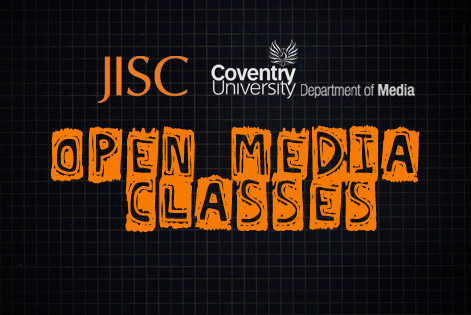OHP Feedback blog - call for participation
 Monday, July 1, 2013 at 6:54PM
Monday, July 1, 2013 at 6:54PM This is to announce the full operation of Feedback, a theory-driven Humanities weblog publication under the auspices of Open Humanities Press (http://www.openhumanitiespress.org/feedback), and to solicit active participation in its readership and contents.  The publication arises as part of a dual effort to:
The publication arises as part of a dual effort to:
1) render the insights and bearings of contemporary critical theory disposable to current rapid-fire transformations taking place in the terrestrial eco-system, information and communications, demographics, the arts, and related areas of cultural activity;
2) to effect a transition from the dominant discourse-parameters and publication formats in conventional academic publications to the communication and interactivity now facilitated by the electronic media.
Feedback is the umbrella for eleven largely autonomous but closely interrelated desks covering the following areas: Aesthetics, Comparative Media, Film, Education, Literature, New Ecologies, Performance, Science, Sexualities, Theory, and Urbanities. Inquiries and solicitations should be addressed to the desk chiefs who have assumed editorial duties in the respective areas – or to us, Editorial.
Feedback is a website that is an outgrowth of open-access publishing and the social contracts surrounding authorship and intellectual property known as the Creative Commons. A good measure of any excitement that the publication generates arises in the collective, non-profit ethos in which such technological innovations as WordPress and such compendia and data-bases as the Wikipedia were created. Feedback’s parent organization, Open Humanities Press, is establishing itself as a leading electronic publisher in the theory-driven Humanities.

The textual and visual posts comprising Feedback thus have an outreach dwarfing the access afforded by conventional academic publications. It gives us enormous pleasure to invite rigorous theoretical readers of contemporary culture, performance, science and technology, sexualities, the media, the eco-sphere, and its human settlement to join the publication’s expression and community.
Kindly please pass this notice on to other students of culture amid contemporary conditions who may be inclined to respond to our solicitation.
Sincere thanks for your kind attentiveness. Perhaps the desks will be posting your work.
Editorial
Henry Sussman – henry.sussman@yale.edu
Jason Groves – jason.groves@yale.edu
Desk Editors
Aesthetics
Robin van den Akker – Erasmus University Rotterdam
Timotheus Vermeulen – Radboud University Nijmegen
Comparative Media
Erin Obodiac – Cornell University
Education
Jeffrey R. Di Leo – University of Houston-Victoria
Film
Henry Sussman – Yale University
Literature
Ranjan Ghosh – University of North Bengal
New Ecologies
Jason Groves – Yale University
Performance
Stephen Barker – Claire Trevor School of the Arts
Noam Gal – Hebrew University in Jerusalem/Bezalel Academy of Art and Design in Jerusalem.
Science/Technology
Chris Shaw – Texas Tech University
Sexualities
Katrin Pahl – Johns Hopkins University.
Nathan Gies – Johns Hopkins University
Theory
William Egginton – John Hopkins University
Todd McGowan – University of Vermont
Urbanities
Craig Epplin – Portland State University
Justin Read – University at Buffalo
--
Henry Sussman,
Visiting Professor,
Department of Germanic Languages and Literatures,
Yale University,
POB 208210,
New Haven, CT, 06520-8210,
WLH (Harkness Hall) 307,
(203) 432-0792








